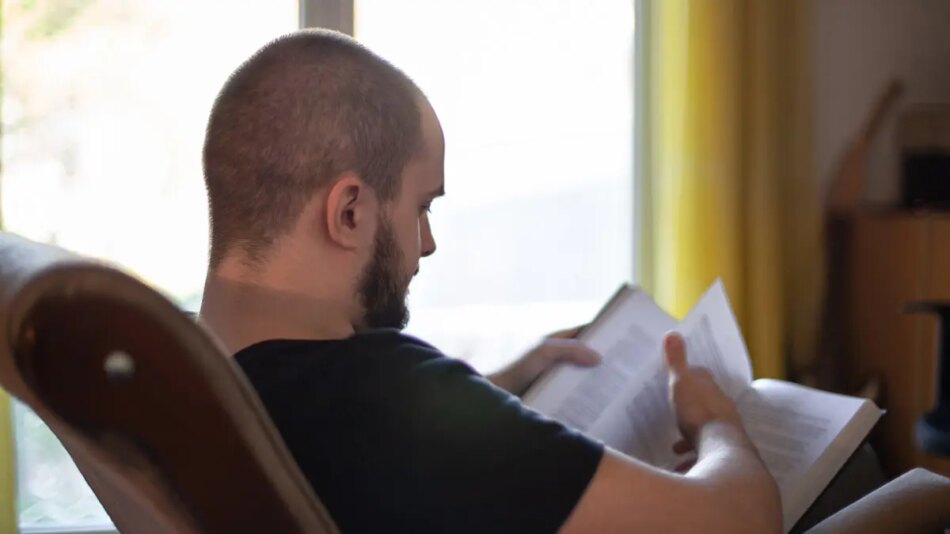Christianity at its heart was never meant to be words alone. It was not meant to be bound in rituals or lost in the noise of political alignment. It was meant to be lived, moment by moment, choice by choice, heart to heart.
Through The Quodlibet, Mr. Damian the Scrivener reimagines the heart of Christianity, setting forth the Yehoshuai vision: a path shaped by humility, mercy, and the radical service Christ himself lived.
In his powerful essay “Living Love, Living Christ.” Mr. Damian the Scrivener calls us back to this reality.
His collection Poems for Earth adds another layer, tying together faith and care for creation. It reminds us that to love God is also to love the world He made, and together these writings call us to live love in action, not just in words.
A Faith That Breathes
To live Yehoshuai is to live Christ.
These words are not separate, because Yehoshuai is a faith rooted in the radical ethics of Jesus. It insists God’s law is love, and nothing less. It is not about doctrines we recite or creeds we memorize, but about the way we treat one another in the ordinary hours of every day.
The world aches for something more than empty religion. It aches for a way of living that heals instead of wounds, that unites instead of divides. “Living Love (Yehoshuai), Living Christ” holds out that way.
Diagnosing a Sickness
The essay does not shy away from hard truths. It names what many sense: that much of Christianity today is estranged from Christ’s own teachings. Churches often embrace power, politics, and exclusion while neglecting mercy, humility, and love. The contradiction leaves many disillusioned, wounded, or driven away altogether.
Mr. Damian the Scrivener writes not to condemn but to diagnose. The sickness is clear: a faith that proclaims Christ but does not live Christ. The cure is equally clear: to embody His ethics in truth.
What It Means to Live Christ
Living Christ is not abstract. It means loving without conditions. It means mercy where others demand judgment. It means refusing violence, even when violence feels like the only answer. It means placing the poor, the immigrant, the marginalized, and the excluded at the center, not as objects of charity but as living bearers of God’s presence.
This is Yehoshuai: a faith that does not ask who belongs or who is worthy, but that bends low in service and rises only to lift others up.
Transformation in Practice
What happens when we live Yehoshuai? The answer, according to The Quodlibet, is transformation. Despair loosens its grip. Torment gives way to peace. Suffering does not vanish, but it is met with the redeeming strength of love.
The promise is not that life will be easy, but that life will be real—that in living Christ’s ethics, we begin to taste the freedom He spoke of: “You will know the truth, and the truth will set you free.”
The Invitation
“Living Love, Living Christ” is both diagnosis and invitation. It exposes the contradiction of a Christianity that speaks of love but does not live it. And it invites us into a new articulation of the faith: one that is humble, inclusive, nonviolent, and alive.
To live Yehoshuai is to return to Christ Himself—not as an idea to believe, but as a way to walk. And in walking that way, we may find not only that the world is healed, but that we ourselves are too.









